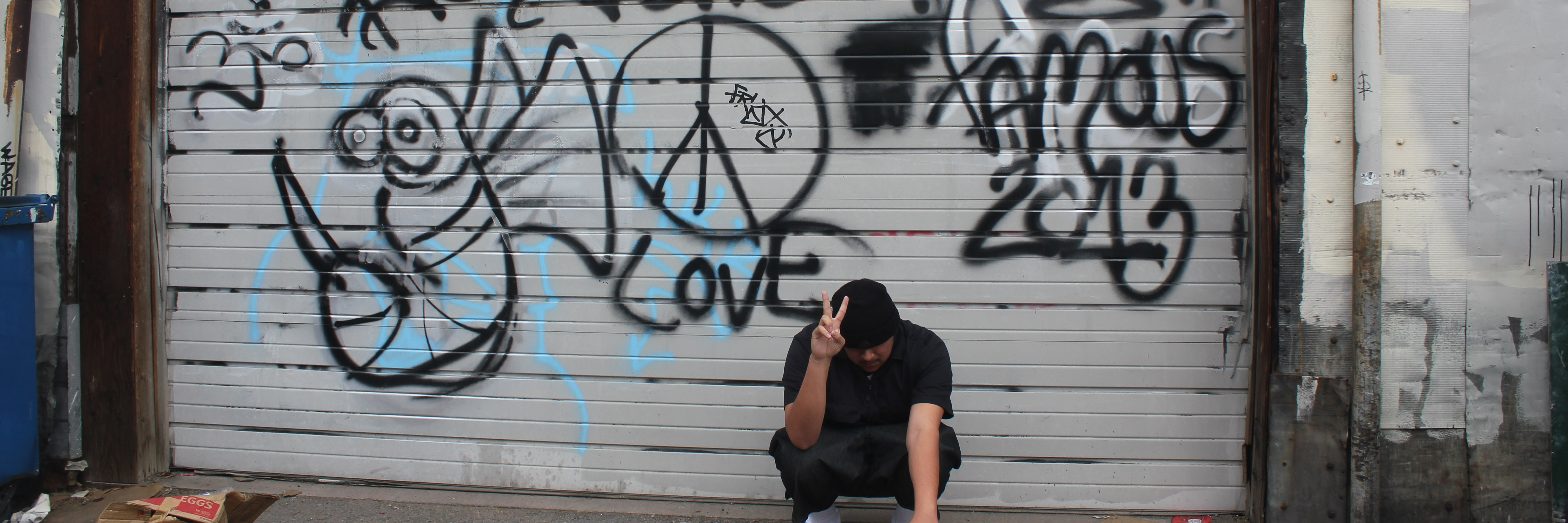“I have a different outlook now,” Burke Liden said. “It made me realize we could do a lot more than I thought before, that we had more power to do something.”
Burke, a Big Idea Project student from Pomona High School isn’t alone. As students go through the Big Idea Project, many of them begin to see the world around them differently, noticing the needs of others and realizing they can help.
“We realized there are so many people down there,” Burke said. “They could use our help.” Burke is describing his team’s initial spark that inspired their project. His team went down to a section of Colfax and fed breakfast to those living on the street because they wanted to provide a tangible solution to the hunger they saw there. Burke says the experience of ideating their project with different non-profit organizations and acting on the final plan helped him realize the potential he has to impact those around him.
Illasi Perez, who was on the same team as Burke at Pomona, was shocked by the overwhelmingly positive reactions of the people they fed. “Seeing all those people smile made all our lives better,” he said. Illasi learned that he had the ability to bring joy to other people’s lives, and get some back in the process.
Another student from Pomona, Alex Vazqez, decided with his team to focus on local kids in transition who have economic challenges at home. The team gave goodie bags to kids and created a survey to better understand how they can help. One of the survey questions, “Would you like to receive this bag regularly?” elicited a response that surprised Alex. One child answered, “No, because I do not want to become a burden.” Alex said reading that comment opened his eyes to how humble someone can be when they don’t have much.
The Big Idea Project tends to have these effects on students, not just at Pomona, but across all schools. When the students are directly in contact with those in need, they begin to see beyond themselves. Seeing with eyes influenced by empathy and humility is the foundation of Generous Leadership®. Putting themselves in others’ shoes moves students to envision better solutions and compels them to take purposeful action that makes a real difference.

